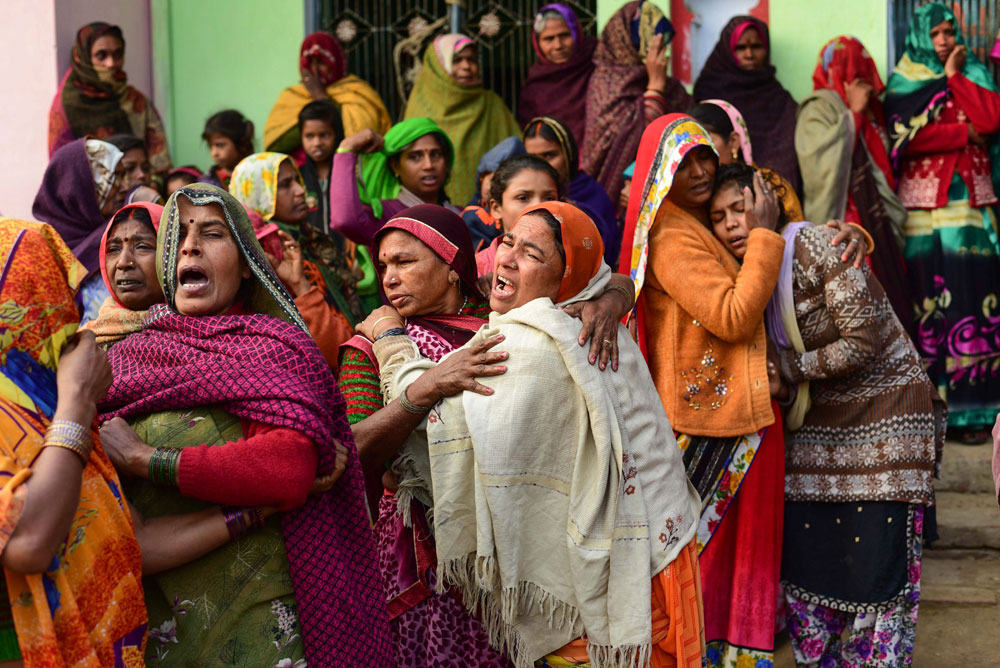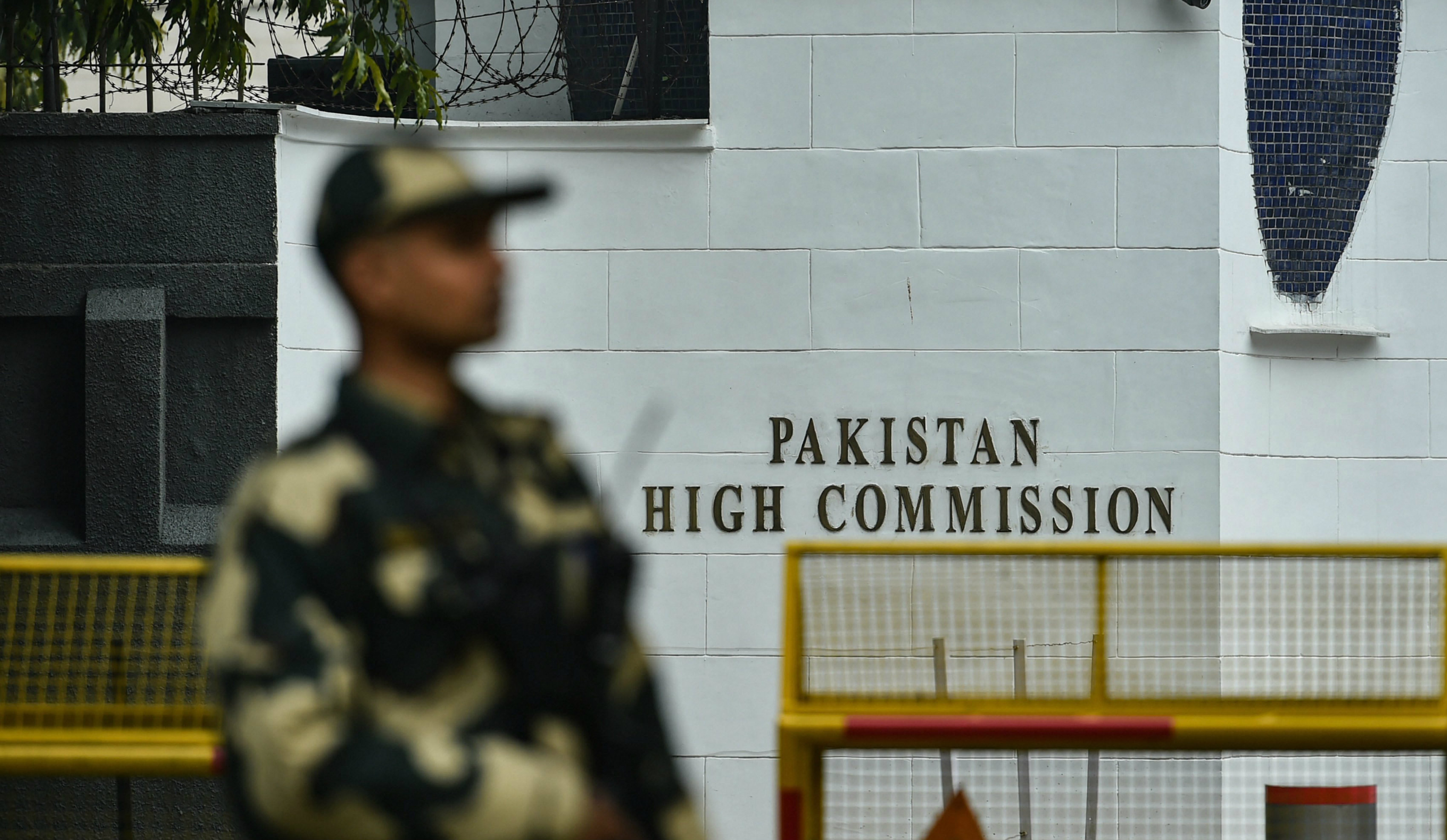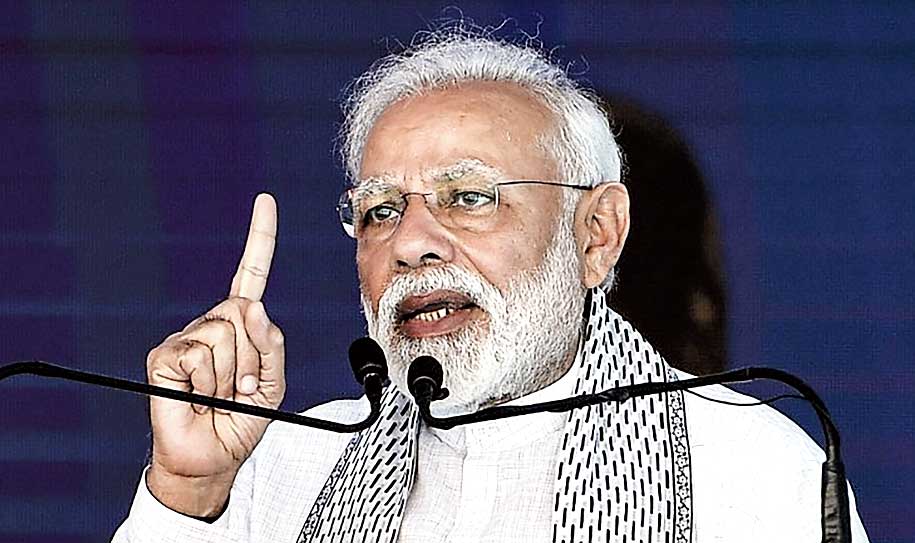The terror attack that killed 40 personnel of the Central Reserve Police Force on the Jammu-Srinagar highway passing through Pulwama is shocking in both scale and tragic intensity. More soldiers were killed this time than in the Uri attack in 2016 that was called the biggest terrorist strike on the security forces in Jammu and Kashmir in two decades. The prime minister is determined to avenge the wound of Pulwama. Since the Jaish-e-Mohammad has reportedly claimed to have perpetrated this strike of extreme violence — almost 300 kilograms of explosives were used — Pakistan can be blamed, at least for nurturing terrorist outfits on its soil. This time, India has been supported by the United States of America in its concerns regarding Pakistan’s role in this unofficial war. India has withdrawn the ‘most favoured nation’ status from Pakistan. The Narendra Modi government should find further succour in this dark time that the Opposition, particularly the Congress, has expressed the importance of unity at a time when forces are trying to divide the country.
Yet, even from the families mourning their irredeemable loss, some questions have surfaced. It has seemed to one widow that the soldiers are being left at the mercy of the enemy. This puts in brutally simple terms what is really a series of inferences that can be drawn from the attack. An unusually large number of soldiers were being taken down the heavily policed highway. Only long and careful planning, together with a gradual build-up of explosives, could have resulted in such a tragically effective strike. Reportedly, Jaish-e-Mohammad had also uploaded a warning video a couple of days before the attack. And the ambush included driving an explosives-loaded private vehicle into the middle of a huge army convoy in order to ram it into the target. This argues not one, not two, but a continuous and, in a way, comprehensive failure of intelligence and of standard operating procedures in one of the most sensitive spots in the country. Surely someone should be answerable? Each strand of the intricately coordinated act can be isolated and unravelled, by asking basic questions, as for example, how so much explosive was built up in spite of intensive counter-terror monitoring.
Perhaps Mr Modi’s government should tell the people, since the tragedy could not have occurred had intelligence and SOPs been what they are expected to be, why it is so quick and voluble to blame a neighbour. Do the rhetoric and spectacle — that of withdrawing MFN status for example — not distract from the failures within? While the Opposition has been meticulous in not politicizing the soldiers’ deaths, the whipping up of ‘nationalist’ sentiments and the rattling of arms — metaphorical so far — do not seem innocent of politics at all. Or of an awareness of the imminent general elections.












